Disliking Is Supposed to Be Something That Drives You Towards Success.
Disliking things is an ingenious neurologic response of your subconscious brain. This way it tries to help you to avoid doing things that are annoying, require too much effort, or deliver results that do not give you the sense of a meaningful achievement. This mechanism worked excellently for millions of years before we became a conscious species. It drove us towards easier and more meaningful goals.
How Disliking to Do Things Creates a Conflict Between Your Brain’s Two Parts.
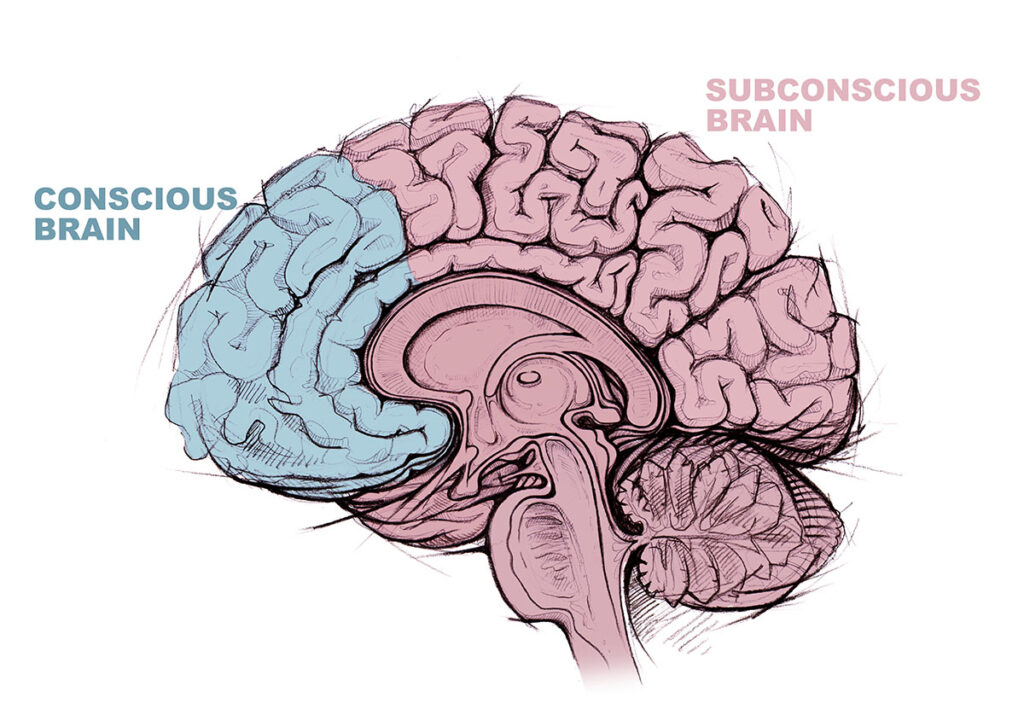
Unfortunately, this clever neurologic response works against us too many times in our modern life. Your conscious brain, which actually wants you to do the things that you dislike, gets in conflict with your subconscious brain, which is stuck running the old neurologic programming. It keeps you feeling bad and unmotivated, in place of making you feel joyful and motivated to pick up easily and do whatever you have to.
There Is No Magic Switch, But You Can Lay Down A Magic Wire Towards a Joyful State of Mind.
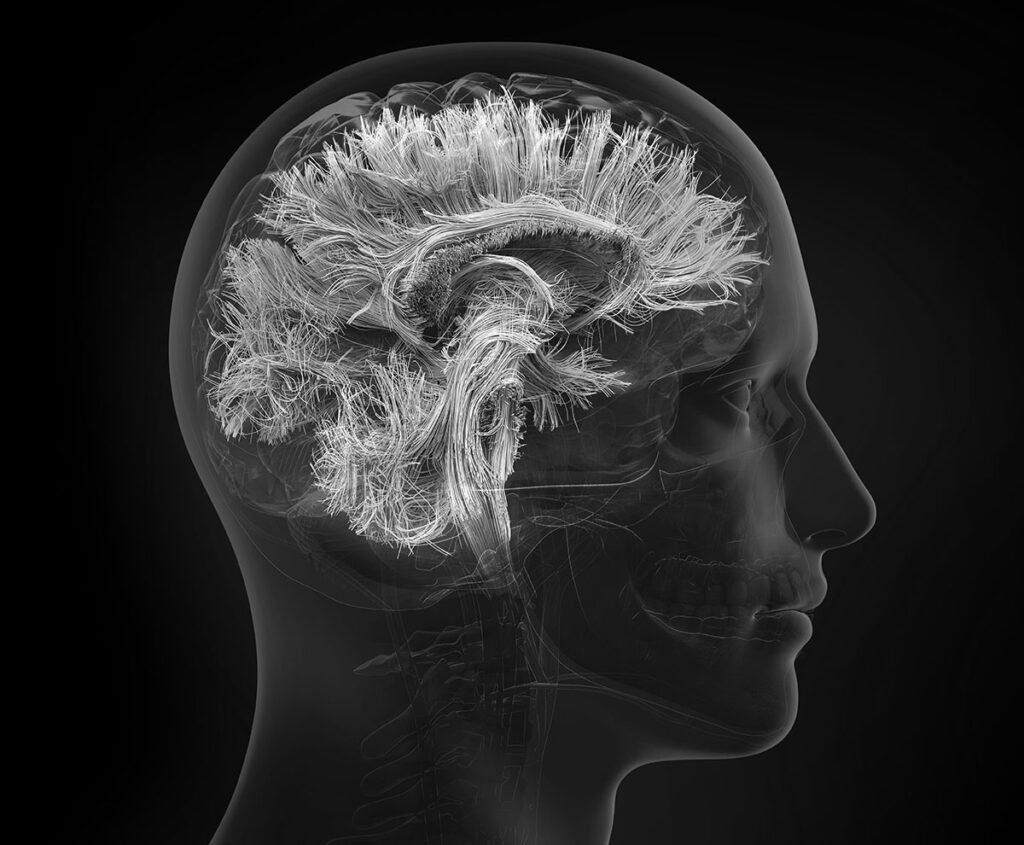
It’s a pity that there is no magic switch in your brain that you can simply turn over to become immediately enthusiastic and motivated to do things you don’t like. However, there is a way of gradually teaching your subconscious brain to make you feel absolutely comfortable with doing those things. It requires some practicing, because you have to lay down new neural pathways in your brain, but it’s very much worth learning how to do it.
Why Most People’s Thinking Tactics Fail to Solve the Fundemental Problem?

Many people try to imagine how happy and proud they will feel when they have finished the things they don’t like to do, in order to motivate themselves to take action. Although this can work at some level, it doesn’t fundamentally change their aversive feelings during the activity.
The problem with this approach is that no one has problems with feeling good when they successfully finish doing things they dislike. Everybody does that by default. So, this way, you do not teach anything new to your brain. You only distract your attention from the undesired activity to the desired result. If you keep disliking what you need to do, even when you focus on the desired result, you are still activating the neural pathways in your brain that make you feel bad.
Many people just force themselves thinking like “I MUST DO THIS!” , which can work too. However, such thoughts, by themselves, are forceful obligations that may immediately trigger unnecessary stress and resistance in the subconscious brain.
At First, Apply Neuro-reflective Thinking.

Here is a complete different approach, based on the laws of neuroscience which works much better. Anytime, when you have to do something that you dislike you can apply Neuro-Reflective Rhinking and re-program your subconscious brain to stop making you feel bad about it.
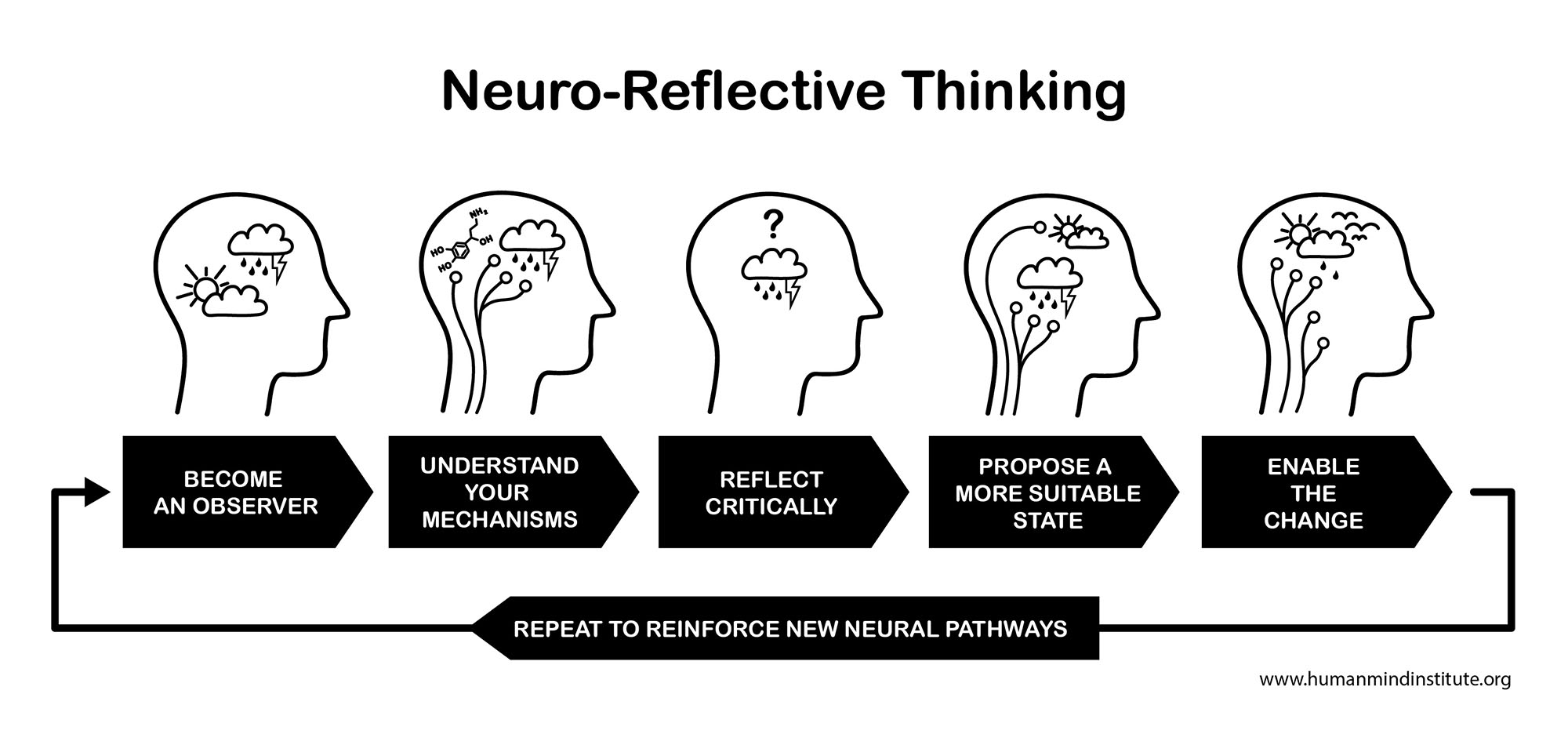
Neuro-Reflective Thinking means going into an inner talk with your subconscious brain. You make it aware that the stressful state that it puts you in is wrong, because it can never achieve its ”good purpose” to help you avoid doing those activites. You can explain to your subconscious yourself that it is a pointless self-torture. It is an outdated evolutionary hangover making no sense at all in your case. It only makes performing your tasks more difficult.
During such reflective inner talk, you can propose a better response which will help you get over those activities much easier. In this case, it means thinking to yourself, that the easiest and only way to escape the undesired activities is to work through them joyfully, so that you can finish those tasks as fast as possible.
The Method To Reprogram Your Brain to Make You Feel Fine When You Do Things You Dislike, Is What Top Athletes Use to Unlearn Being Stressed During Competitions.
To rewire your brain for such a stress-free state of mind, you can use a visualization technique, which is similar to what neuroscientists teach to top athletes to unlearn feeling stressed during competitions. It helps them perform confidently at their best. In their case, it means that during the preparation period, they practice imagining themselves again and again each moment of the competition from start to finish feeling joyful and perfectly calm-minded.

In your case, before you begin to do something you dislike, imagine yourself performing that activity in a different state of mind then before, feeling comfortable, without any resistance against it. Do not think about the relieving moment of the result, but rather seeing yourself immersed in the activity itself. You don’t have to try faking positivity, thinking that you like the activity itself when you don’t. Just imagine feeling relaxed and comfortable because that is the best state of mind to do anything, and there is no reason why it wouldn’t be good for you feeling like that.
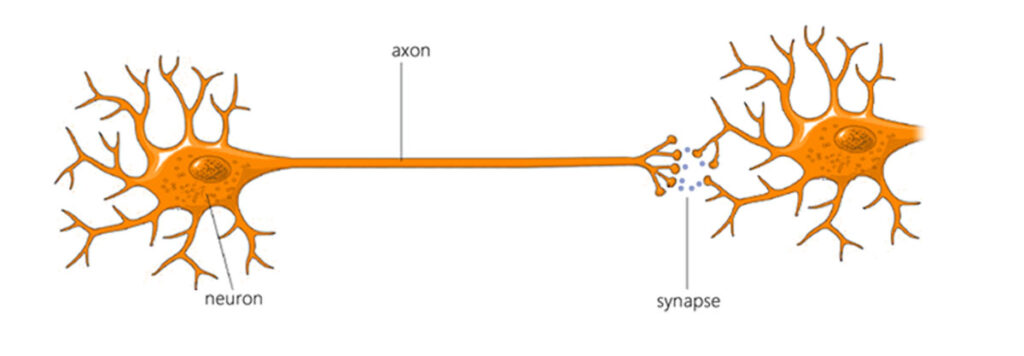
What actually happens in your head when you think so, is that you are activating parts of your brain that make you feel calm and relaxed, and parts of your brain that are related to performing those activities. According to the law of rewiring neural pathways, which is called Hebb’s law, when you repetitively activate two brain parts simultaneously, they grow neural connections to each other and begin to activate themselves synchronously from that point on. It means that if you practice in advance imaginig yourself doing things that you dislike in a good mood, you literally program your brain to automatically feel so in the future also when you do those things in reality.
After Reinforcing Your New Neural Pathways You Will Experience The Real Change.
It is important not to expect that this thinking exercises will make you immediately super enthusiastic and motivated to do everything you dislike. Another law of neurologic rewiring is that it requires repetition to begin to work well. You need time and repeated practice to make your neural pathways grow and strengthen themselves through the process called myelination. This is also the reason why you cannot learn, for example, to play a musical instrument or to drive a car at once. Most of what you learn then has to get ”woven” in the wiring of your subconscious brain in similar way.
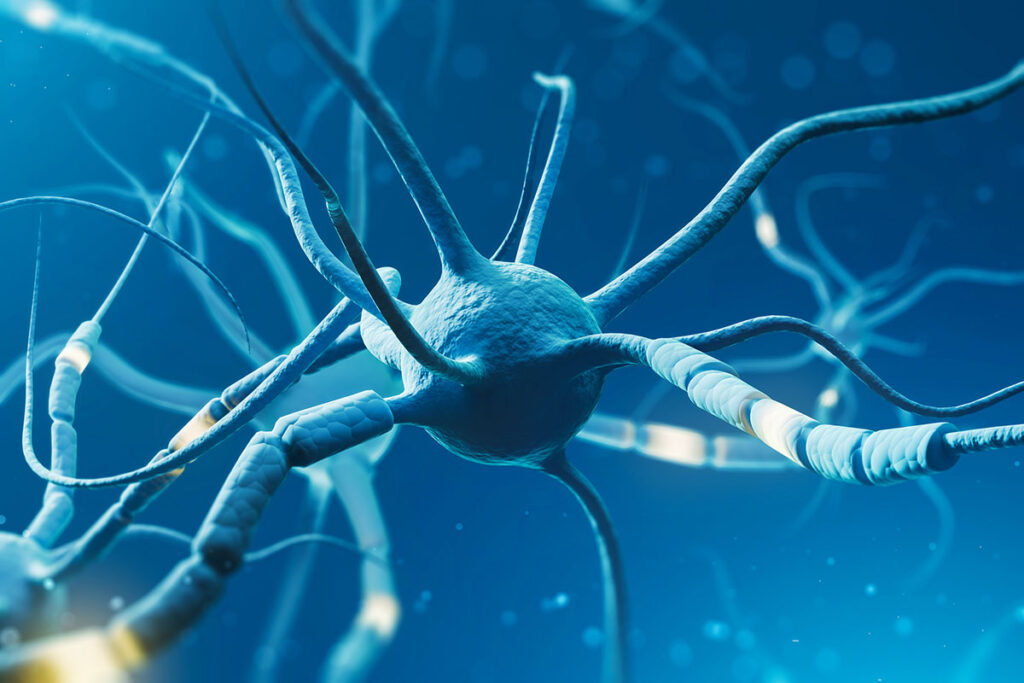
If, at first, you feel just a bit less resistance and less discomfort than before against what you dislike, it is already a great beginning. Keep practicing neuro-reflective thinking, explaining yourself that disliking unavoidable unsatisfying tasks is a useless self-torture, and keep imagining yourself doing what you don’t like absolutely comfortably without feeling any resistance. After a few weeks, as your new neural pathways get stronger, you will experience much better results. You will see that you will start to feel much more comfortable with doing things that you dislike, and eventually, you will not feel resistance at all to do them.
Activate Your Dopamine Rewards Consciously.
During performing the activity that you don’t like, focus on consciously celebrating the progress that you make. If you do so, by each completed part of your work your brain will release some dopamine in your brain’s so-called meso-limbic reward pathways. It will make you feel more motivated and energetic to continue what you do.
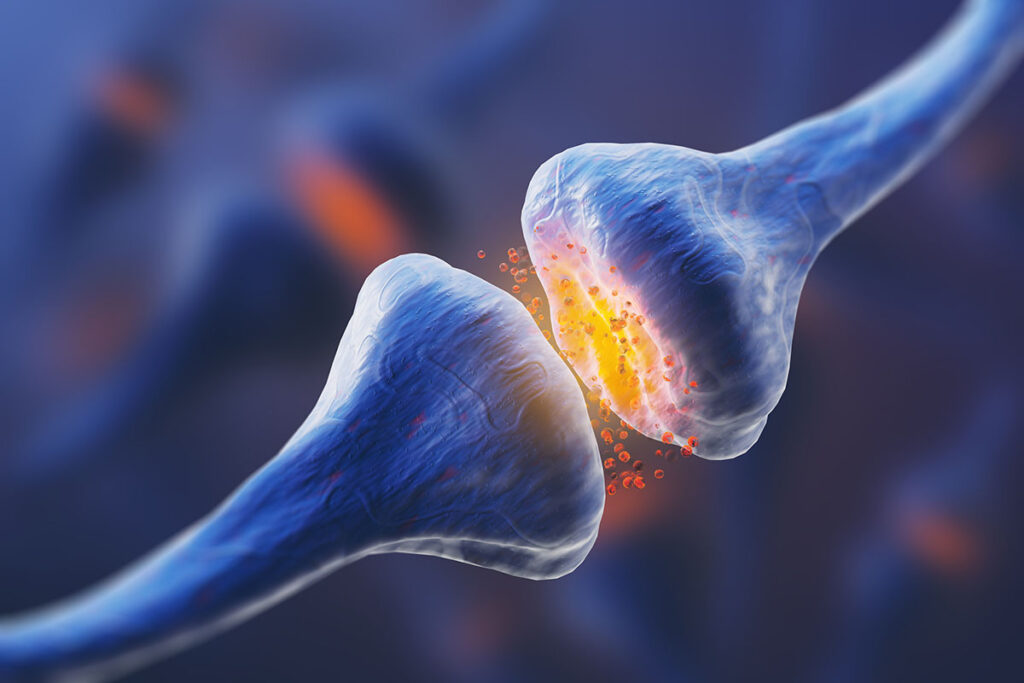
If you forget to pay attention to appreciate your progress, your subconscious brain will not appreciate it either. It will release less of this wonderful neurochemical in your brain, which is literally the driving force behind your motivation.
